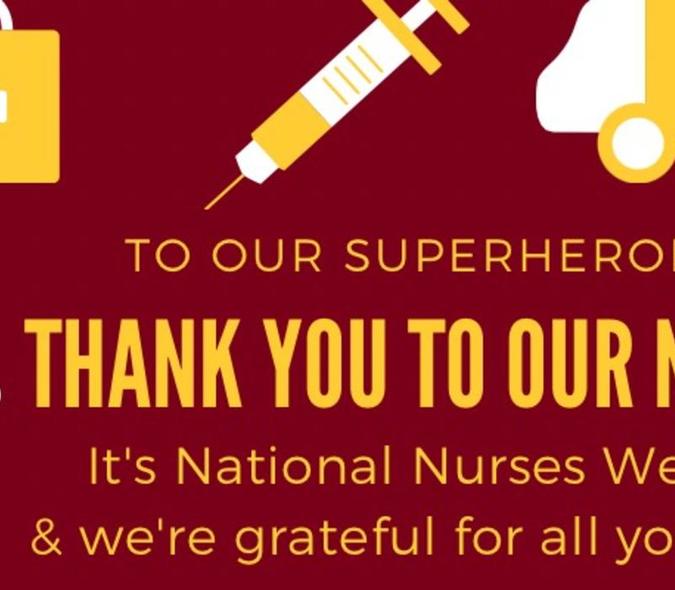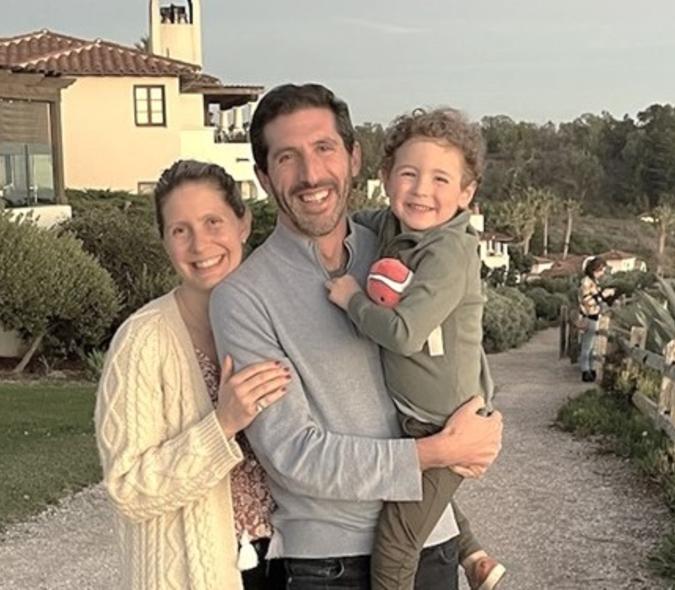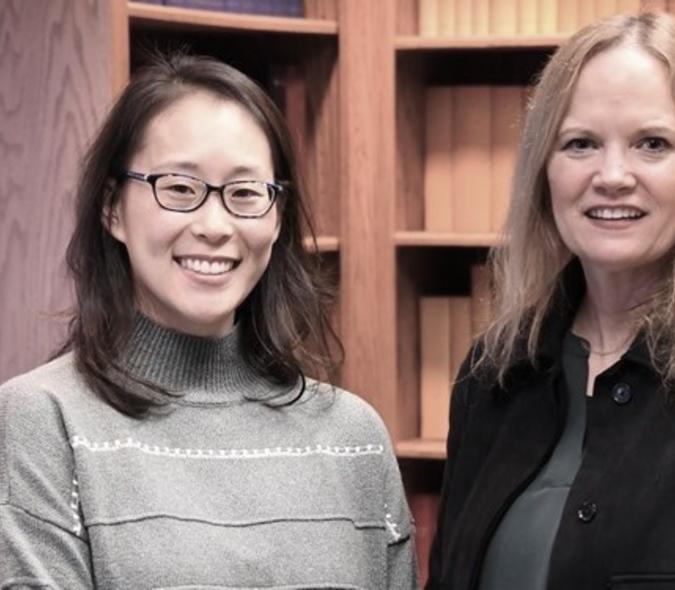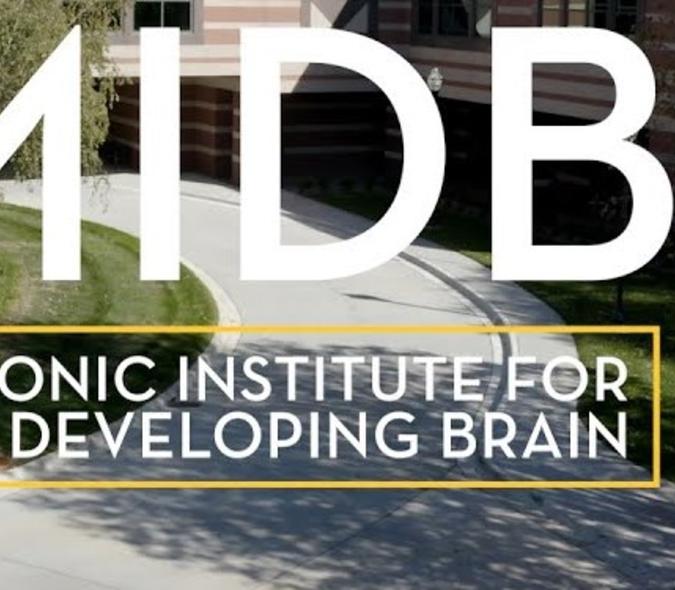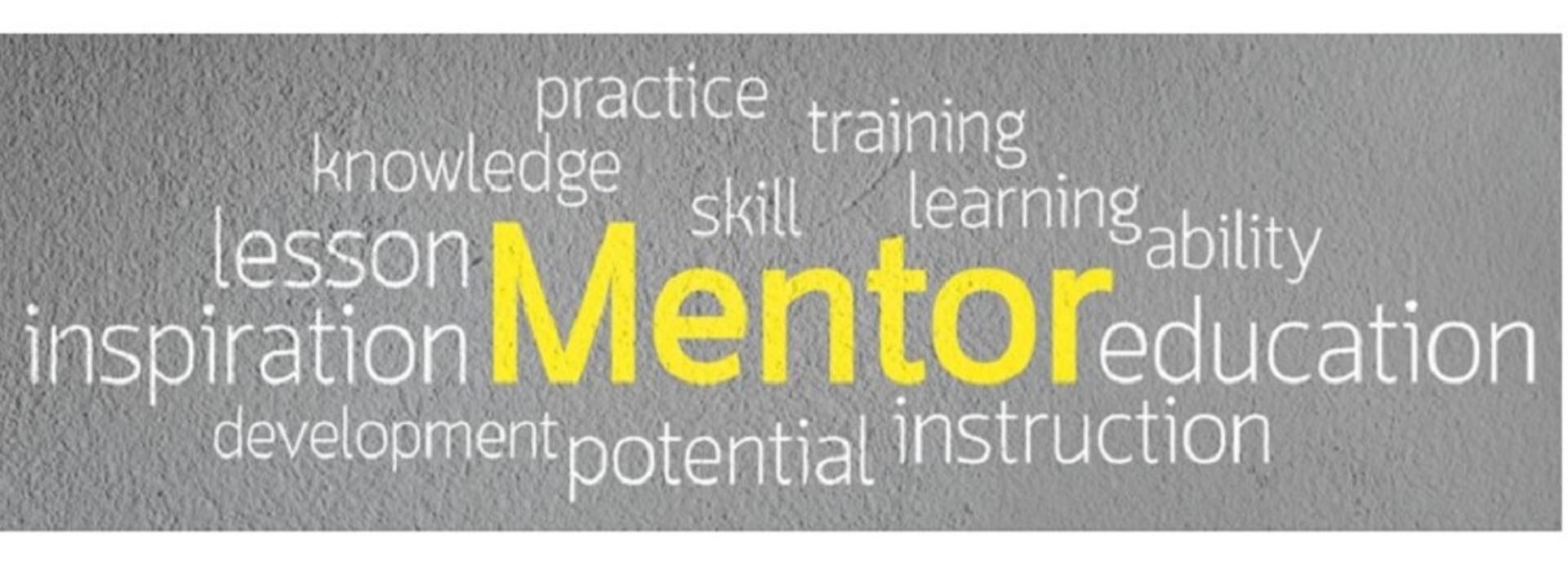
Department mentor believes that valuing a mentee’s identity as a person is the “number one step toward success”
Assistant Professor Afshan Anjum, MD, MS, believes in the power of mentorship. “Just doing clinical work would feel very confining to me,” she said. “I want to nurture – I want to learn and teach the art and science of medicine – and that doesn’t always happen in the clinic.”
Anjum is both the Department of Psychiatry & Behavioral Sciences Mentoring Lead and a member of the department’s Inclusive Excellence and Wellbeing Council (IEWC). “I believe you need to recognize all the things a person brings to their work,” she said. “They need equity, justice, and fairness to succeed – it’s vital in mentoring. Having one’s identity recognized, nurtured, and celebrated enables a person to feel like they can be who they are. That’s the number one step toward success.”
Relied on experience
When Anjum started mentoring, she didn’t know what the expectations were, so she relied on her own experience. “I looked back on who guided me and realized I wouldn’t be where I am without them,” she said. “They saw in me the capacity and skills they could polish or add to. Many of us started our careers as mentors with little formal onboarding training. There was a lot we had to figure out for ourselves and sometimes, that can be a lonely place.”
As she began to work with her own mentees, Anjum learned that if they don’t get on the right footing for success, they may not move forward. “I don’t want the people I work with to stall but if they do, I want to be able to hold their hands and nudge them a little,” she said. “When they bring me challenges, I help them explore, perhaps find another mentor or expert who will lead the way for them.”
Gained important skills
Being a mentor and having had mentors throughout her career has helped her build important skills, such as active listening, learning about and understanding mentees’ needs, giving them opportunities for growth, and providing honest feedback. “Their success becomes my goal,” she said. Anjum believes that mentoring is a reciprocal process. “I learn from my mentees as much as they learn from me,” she said. “That’s what’s neat about this relationship.”

Anjum (pictured here) has been mentoring for more than 20 years. “When I started, there weren’t any formal assignments for mentoring,” she said. “I would have to look at those I was aspiring to be and ask them if they could guide me. Now, it’s a given that you have mentees and have a mentor assigned to you. When junior faculty seek mentors, we usually know who we can match them with so they can hit the ground running when they start their careers.”
UMN supports mentors
She thinks the U of M does a wonderful job supporting mentors. “We have a formal mentorship training program through the Office of Faculty Affairs [OFA],” said Anjum. OFA holds quarterly meetings with department leads during which they can share their experiences or concerns. “They give us a broader framework within which mentoring happens and help us understand what the expectations are,” said Anjum. “They also give us the appropriate freedom we need to work with our mentees. It’s not one size fits all.”
While Anjum notes that the U provides some guidelines for mentoring, there are many unwritten rules. “Sharing your successes and your failures helps your mentees know where the lines are,” she said. “The goal is to establish a mutually trusting relationship so they can learn to be vulnerable.”
Biggest mistake
Based on all her experience, Anjum thinks the biggest mistake a mentor can make is to assume they know what their mentee’s goals are. “You need to start with that conversation,” she said. Another mistake a mentor might make is to feel that they are an expert in their field. “We’re all experts but we still have so much to learn,” she said. “We must respect our mentees’ opinions. We must respect the genius that exists in young people. We must be open, willing to listen and respectful.”
Anjum remembers her mentees with fondness and knows that she was able to guide them based on her belief and confidence in them. Some of her mentees are in leadership roles and hold important positions. Some are doing important research. “Others are succeeding at being good human beings, helping people with their mental health,” she said.
